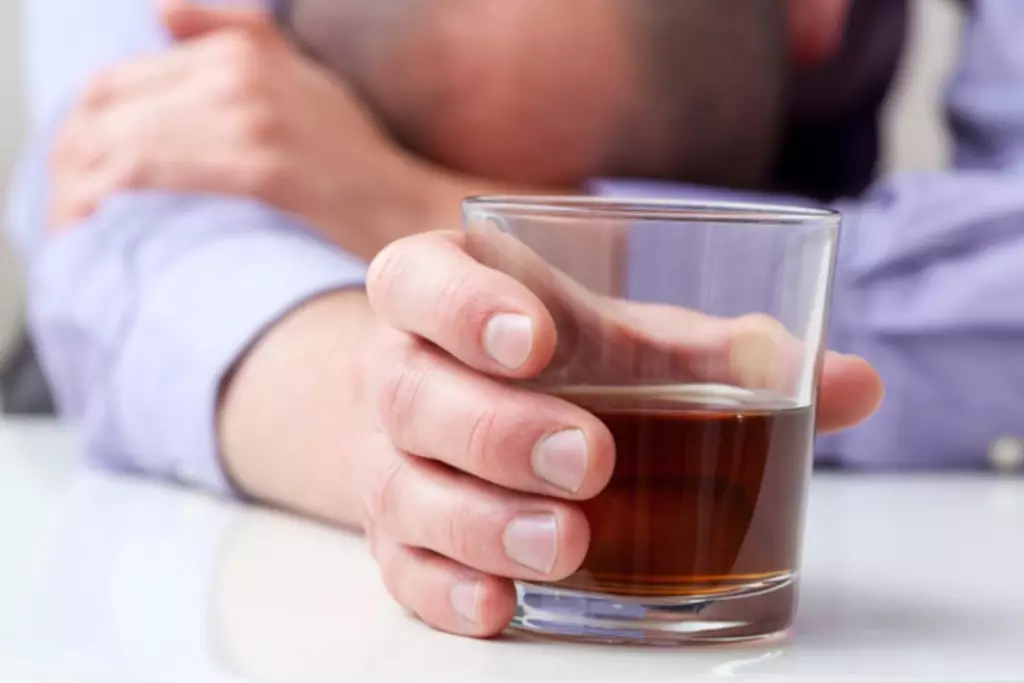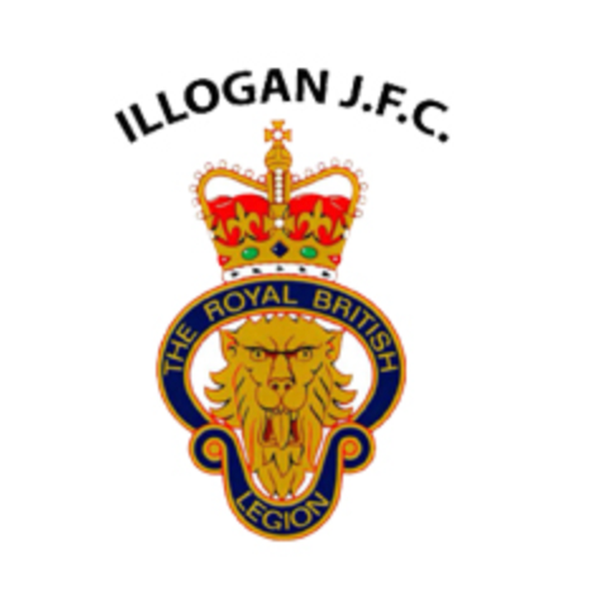12 Step Personal Stories

The impact of personal relationships, building a support network, participating in support groups, and the role of sober living homes all play significant roles in the recovery process. Relapse prevention is a significant challenge in addiction recovery. Cravings, stress, and encounters with old acquaintances can pose threats to sobriety.
How to Cope with Cravings During and After Heroin Detox
Many young people battling addictions have lost or damaged relationships with family and friends. In Roots sober living they will find opportunities to make new connections with those who will not judge and can relate to whatever they as an addict have done. Roots will support, encourage and hold each resident accountable. Through counseling and sober living the resident can begin their road to recovery. Through countless activities, Roots sober living can help the addict realize that there can be a fun and meaningful future in a life of sobriety.
- Readiness to change is a crucial factor in addiction recovery success.
- Many recovering addicts find purpose in helping others struggling with addiction, using their experiences to offer hope and guidance.
- As I quit drinking, I found myself with an abundance of time and energy that I had previously spent on alcohol.
- Becki went through several treatment programs to overcome her addiction, but each time she became worse.
- We believe that on some level, Eric was ready to embrace recovery but until he attended Roots, he did not know how to begin a life of sobriety and kept falling back into old habits.
The Role of Education in Building a New Life After Addiction
- By this time, I could not go for more than a couple of hours without feeling withdrawal symptoms including hot flashes, sweats, palpitations, and the shakes.
- “It’s easy to romanticize how fun drinking will be, but that’s not the full story.”
- The gray area just kind of becomes a little less.
- Your journey, with all its challenges and triumphs, could be the lifeline someone else needs to start their own path to recovery.
Building self-efficacy is a gradual process that sober success stories strengthens with each positive change made in recovery. By setting small, achievable goals and celebrating each milestone, individuals can boost their confidence and reinforce their belief in their ability to overcome addiction. For more insights, refer to our article on family support in addiction recovery. It’s important to remember that each person’s journey is unique, and finding the right combination of strategies and support is key to long-lasting sobriety.
PHP programs and their focus on comprehensive care
The care and understanding from family and friends can help create a nurturing environment that promotes healing and growth. Support from interpersonal relationships is a key factor in addiction recovery success. Being surrounded by understanding and encouraging individuals can help individuals stay focused and motivated during tough times 1. Personal relationships can provide emotional support, accountability, and a sense of belonging, which are all essential for maintaining sobriety. Discover the transformative power of spirituality in addiction recovery. In this personal story, the author shares their journey of embracing spirituality, finding a deeper sense of connection and purpose in their life, and staying sober.
- If you’re feeling down about “missing out” on life if you cut back on alcohol or got sober, read this book.
- Later that day, my son missed his drum lessons for the second week in a row because he was hanging out with his friends.
- I celebrated 23 years sober this month—May 12, to be exact.
- It doesn’t do anything for my spiritual state, my mental state, or my creative state.
- She has 5 months sober now and has a good job and is even planning for her future.
Welcome to Mainspring Recovery, The #1 Rehab Center in Virginia

For more information on the role of family support in addiction recovery, visit our article on family support in addiction recovery. The support amphetamine addiction treatment of a strong, inspiring community is often essential to an successful addiction treatment recovery. Whether the recovering addict has a day or ten years under their sobriety belt, they are still deeply appreciated and cheered on.

However, what amazes me about this time is that it is 25,000 times the duration I could go at the end of my drinking career without having the need or the craving to have alcohol. Quitting alcohol also paved the way for rebuilding trust in relationships. Alcohol had caused mistrust and lack of communication in my relationships. But as I stopped drinking, I demonstrated my commitment to personal growth and responsibility, leading to better mental health and overcoming low self esteem. The path of sobriety felt like an uncharted territory, filled with uncomfortable feelings and unknown challenges. I quit drinking and embarked on my sobriety journey, a journey that has profoundly changed my life.
I eased back into work with a lower level of responsibility, able to focus more on myself and my recovery program. Over time I was able to take on more work responsibilities. I https://ecosoberhouse.com/ have become a better and more compassionate physician than I ever was before. After seventy days, I was discharged and was soon able to return to work under a monitoring contract with PHS. I attended daily AA meetings for the first ninety days. Later, I cut back to three to four meetings a week as I returned to taking call at work.

WHAT CLIENTS ARE SAYING ABOUT ROOTS RECOVERY
These personal accounts of the decision to pursue recovery are powerful reminders that change is possible, even in the darkest circumstances. They offer hope to those still struggling and inspiration to those supporting loved ones through addiction. Gina’s recovery journey was marked by determination and resilience. She sought guidance from therapists, counselors, and addiction professionals who provided her with the necessary tools and support to overcome her addiction. Gina also found solace in family support, which played a crucial role in her healing process. Cognitive-behavioral therapy (CBT) is a widely used approach in addiction recovery.
When adults sipped iced tea with dinner at a restaurant, I was dumbfounded. How could someone over the legal drinking age not be drinking? I had no idea that most people were living a very different life from mine, a life in which alcohol did not have a daily, starring role.
“I Couldn’t Be Prouder…”
The power of sharing meth addiction stories cannot be overstated. These narratives humanize the struggle, reduce stigma, and offer hope to those still in the throes of addiction. They serve as a reminder that recovery is possible, no matter how dire the circumstances may seem. The physical signs of meth addiction are often accompanied by a complete breakdown of personal relationships and social life. Trust is eroded as addicts lie, steal, and manipulate to feed their habit.
